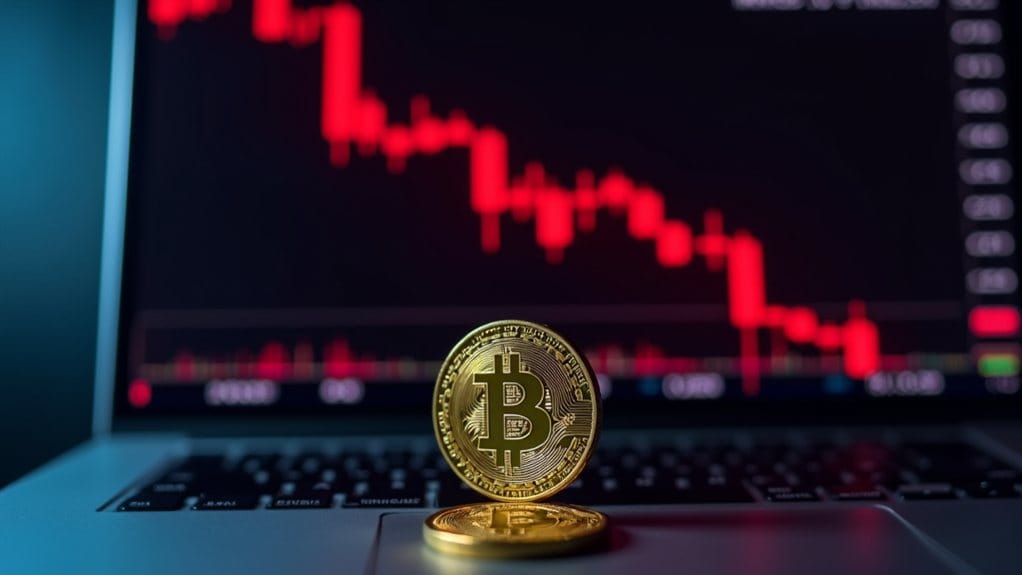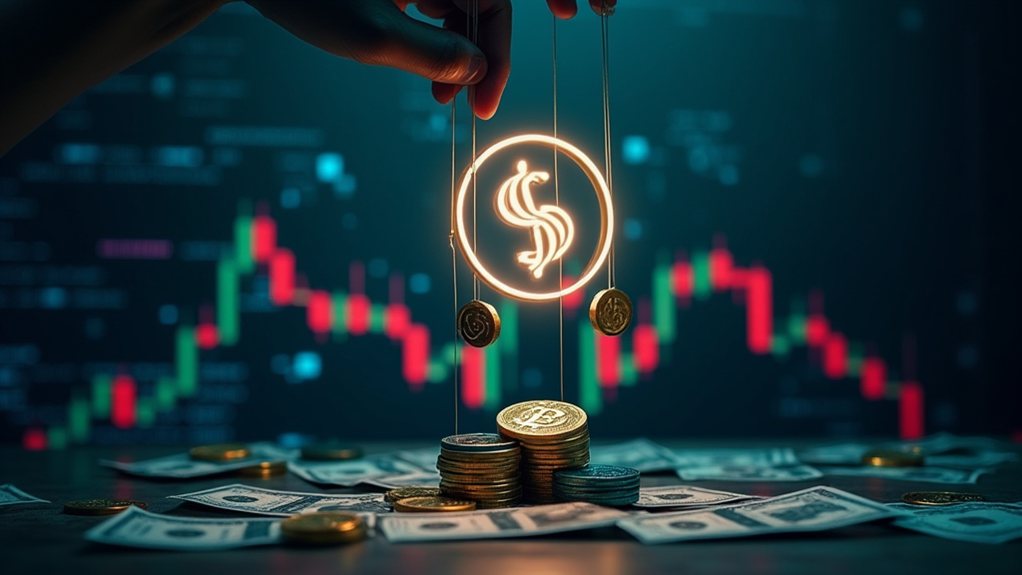In a dramatic escalation of Turkey’s political tensions, Istanbul Mayor Ekrem İmamoğlu, widely considered President Recep Tayyip Erdogan‘s most formidable potential challenger, was arrested on corruption and terrorism charges, triggering immediate economic fallout. The detention, which included numerous business leaders, journalists, and politicians, has been condemned by the opposition Republican People’s Party (CHP) as an “attempted coup” against their presumptive presidential candidate, who was expected to lead the party in upcoming elections.
The Turkish lira plummeted approximately 10% to a historic low against the U.S. dollar in the wake of İmamoğlu’s arrest, prompting authorities to temporarily halt trading on the Istanbul Stock Exchange after its main index dropped by 7%. This financial volatility demonstrates the market’s sensitivity to political instability in a country already experiencing persistent economic challenges, with currency devaluation becoming increasingly commonplace. The lira slumped to nearly 41 TRY per USD, marking its steepest single-day decline in recent memory.
Following the arrest, authorities imposed a four-day ban on demonstrations in Istanbul, showcasing the government’s determination to quell potential civil unrest. Despite the ban, thousands of defiant protesters gathered outside City Hall to express solidarity with İmamoğlu. Simultaneously, dozens of individuals faced detention for sharing “provocative” social media content critical of İmamoğlu’s situation, while access to platforms such as X and Instagram experienced significant restrictions, highlighting the administration’s tightening control over digital expression.
The regime’s rapid suppression of dissent speaks volumes about its fear of the people’s voice.
The international community has expressed concern, with German Chancellor Olaf Scholz noting that the arrest damages both democracy and EU-Turkey relations. This diplomatic tension emerges as President Erdogan’s party attempts to recover from significant losses in recent local elections, with opposition calls for early national elections intensifying despite the current schedule indicating a 2028 presidential vote.
İmamoğlu’s arrest, occurring just before a pivotal CHP leadership election, appears strategically timed to potentially disqualify him from future presidential candidacy due to an ongoing diploma controversy. The government’s actions represent an escalation in what critics perceive as systematic suppression of political opposition, further solidifying Erdogan’s position while destabilizing Turkey’s already fragile democratic institutions.









